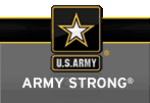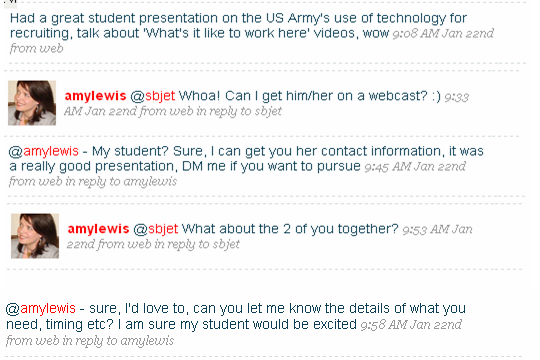HR Technology 2.0 - Help outline a new class
Regular readers of this blog may know that I have had an ongoing debate and discussion on whether or not I should 'split' my HR Technology class into two distinct classes, one focused on 'core' processes and the fundamentals of HR Technology, and a new class dedicated to so-called the implications of 'new' technology on Human Resources. You know, Facebook, LinkedIn, Twitter, enterprise social networking, and blogs, wikis, RSS etc.
A survey of past students indicated 100% positive interest in taking a class completely devoted to new HR Tech, talks with one or two other professors were positive, and an informal Twitter poll also showed strong support and agreement for the need for the new class.
So, students, colleagues, and peers all think it is a good idea, now what?
Now I need an outline and proposal to the curriculum committee. And here is where I am asking the community for help.
What topics, technologies, processes, and innovations should be a part of this new HR 2.0 class?
What should be emphasized?
What should the background reading assignments be?
What activities and assignments should be developed to help the students understand and demonstrate HR 2.0?
Of course I have my ideas on this, and I can write up and submit the proposal without 'community' feedback, but I certainly think the course will be richer, fuller, and have a much better chance of being accepted if I can include insight and expertise from the vast knowledge base of the HR community.
So, help me with my class would you? What goes in an HR Technology 2.0 class? What would you like to teach, or to learn? What should the modern HR leader know about Technology 2.0?
Leave a comment, send me an e-mail, or an @sbjet reply on Twitter.
Thanks in advance.

 Steve
Steve





